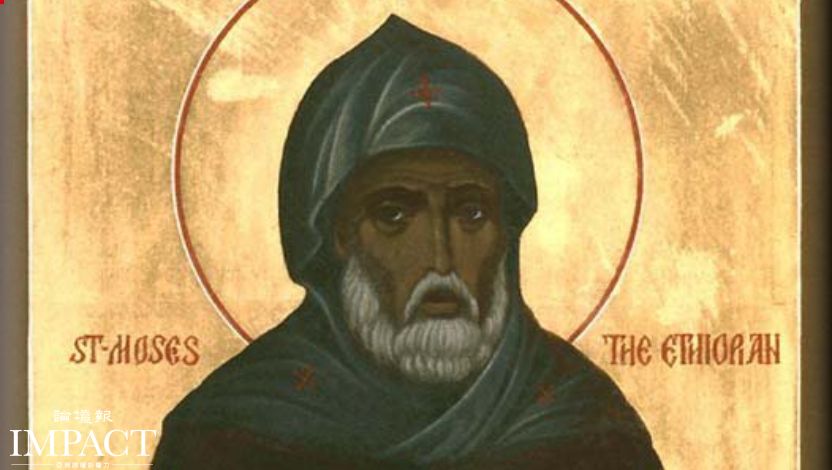◎Wil Rogan (Carey Theological College, Assistant Professor in New Testament Studies)
"The monk must die to his neighbor and never judge him at all, in any way whatever” (Abba Moses the Black, 4th century).
Christians should be the least judgmental people in the world, because God is kind, compassionate, and gracious toward us. We believe that we are sinners saved by grace through faith, and not by our works (cf. Eph 2:8-9). We believe that Jesus came and preached the gospel to the poor, and, so, having been preached to, that we are the poor (Luke 4:18). We have no grounds to act superior to others, and no basis for judgment in the sense of condemning or belittling a person based on their identity or place in life.

One way to become people who are not judgmental by dying to our neighbors. This phrase, to die to your neighbor, is from the desert fathers of the east, who have much wisdom to offer Christians trying to be faithful to God today. These days Christians sometimes worry that if we don’t judge or condemn sin, that we somehow endorse that sin, or else have given ourselves over to complete moral relativism. So there are basically two kinds of Christians: (1) Christians who acknowledge the reality of sin and are judgmental (sometimes in the worst kinds of ways), and (2) Christians who are not judgmental, but seldom if ever acknowledge the reality of sin. One thing that strikes me about the desert fathers is how they held together the reality of sin and the practice of not judging their neighbors. They did so by focusing on their own sin.
So, what does it mean to die to your neighbor? Consider these words from Abba Moses the Black:
"To die to one’s neighbor is this: To bear your own faults and not to pay attention to anyone else wondering whether they are good or bad. Do no harm to anyone, do not think anything bad in your heart towards anyone, do not scorn the man who does evil, do not put confidence in him who does wrong to his neighbor, do not rejoice with him who injures his neighbor. This is what dying to one’s neighbor means. Do not rail against anyone, but rather say, 'God knows each one.'"
"Do not agree with him who slanders, do not rejoice at his slander and do not hate him who slanders his neighbor. This is what it means not to judge. Do not have hostile feelings towards anyone and do not let dislike dominate your heart; do not hate him who hates his neighbor." For Abba Moses, the practice associated with believing that we are sinners saved by grace is what might be called holy egotism: being so self-absorbed with your own sin that you don’t much notice the sins of others."

A Prayer.
“By the grace of God the Word, affliction lasts but a short time, while peace is for ever. Amen." (Abba Moses the Black)
Source:
These quotes from Abba Moses the Black (along with many others) are included in Benedicta Ward, The Sayings of the Desert Fathers: The Alphabetical Collection (Kalamazoo, MI: Cistercian Publications, 1984), 141–43.
Wil Rogan, PhD, is assistant professor of biblical studies at Carey Theological College in Vancouver, B.C.












